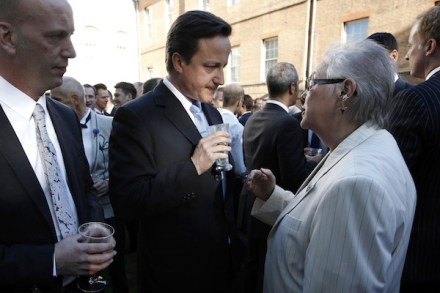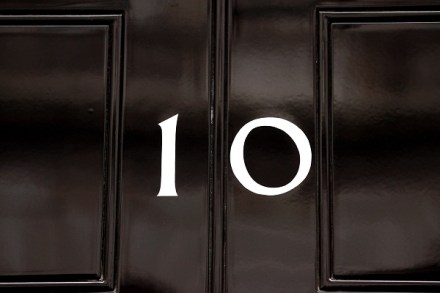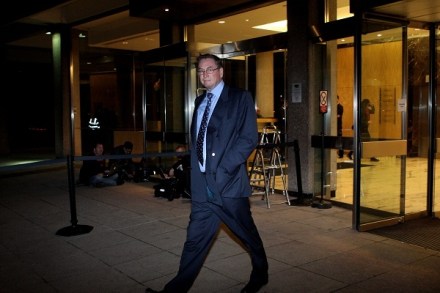The Lib Dems can use Leveson to show coalitions work
The Liberal Democrats’ strategic imperative in this parliament is to show that coalitions can work. Their response to the Leveson Inquiry is, I suspect, going to be part of this plan. Their position on the issue is hardening. Yesterday’s Guardian report that they would make clear if David Cameron was only speaking for the Conservative party not the government, has been followed by Nick Robinson’s news that Clegg will make his own statement in the Commons if no coalition position can be agreed. I understand that, ideally, Clegg would make his statement from the despatch box. In some ways this is not a bad issue for the Deputy Prime Minister




















